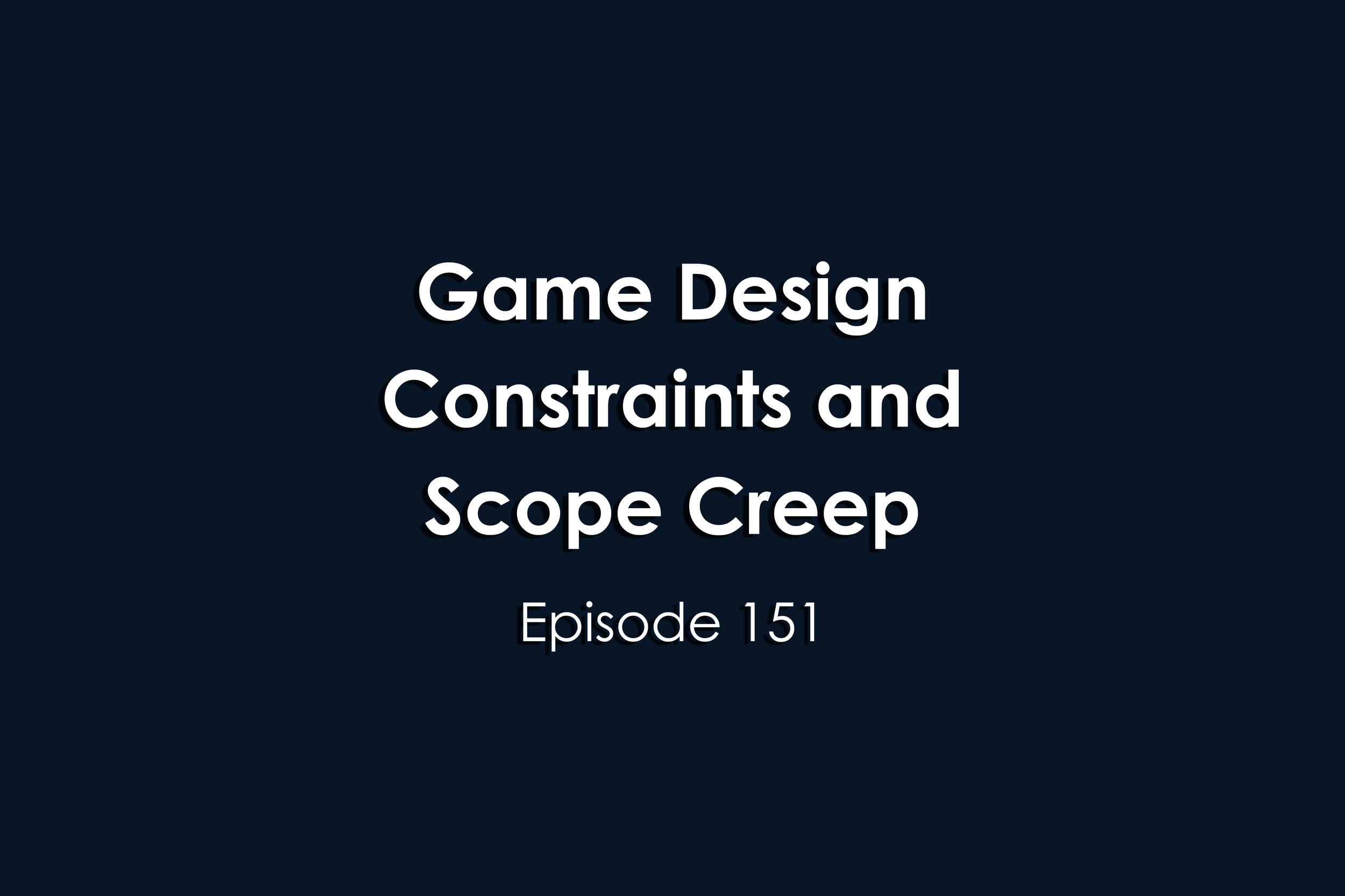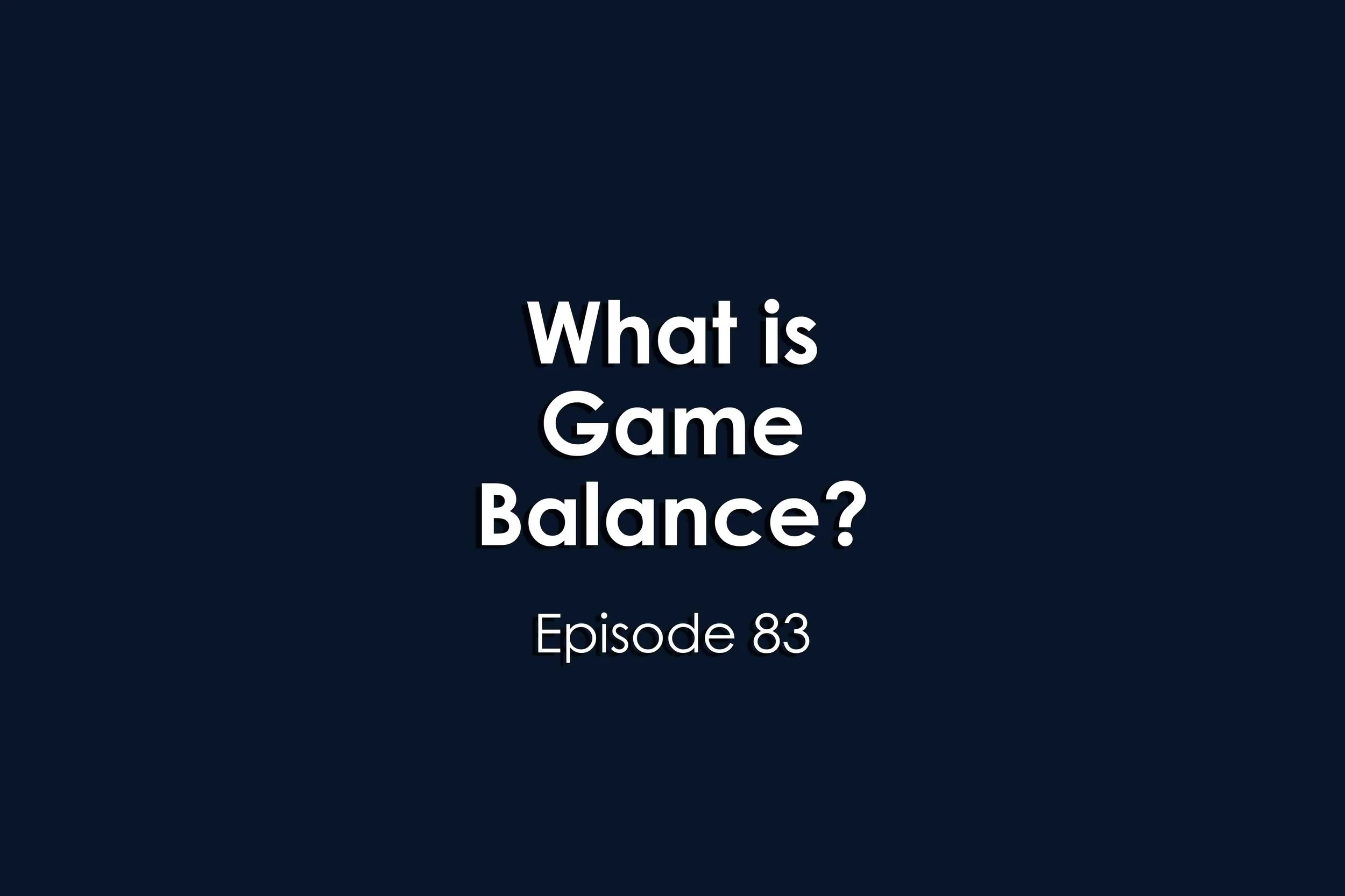Today, we’re diving into two little words that have the power to either catapult your project forward… or completely derail it. Those words? Constraints and scope creep. Maybe you’ve heard them thrown around in design meetings. Maybe you’ve bumped into them the hard way on your own projects. Either way, by the end of this episode, you’ll see why understanding these two forces—and learning to wield them wisely—is absolutely essential to your success as a designer.
Read MoreIn this episode of Experience Points, host Dave Eng interviews interactive artist and game designer Elena Rabkina on the power of gamification in media literacy. Elena shares her journey from intellectual gaming in Belarus to designing impactful games like Media Mayhem, which teaches players how news is created, manipulated, and consumed. She discusses how game-based education fosters critical thinking, especially in an era of misinformation and AI-generated content. Elena envisions media literacy as an essential skill and emphasizes the role of games in shaping informed, discerning citizens.
Read MoreOn today’s episode we’ll answer the question “What is Game Balance?” Many gamers often don’t think about “balance” when playing a game. But they should. That’s because balance creates and shapes what should be a positive player experience. But what exactly is “game balance?” How is it created and designed in games; games-based learning; and gamification?
Read MoreOn today’s episode we’ll answer the question: “What is Expectancy Theory?” Thinking about why we do something is often a central part of all of our activities. Those include why we work, play, or form relationships with one another. This is the central aspect of motivation: knowing what will happen or occur as a result of our own actions.
Read MoreThis episode will review how to make more visually accessible games. This should be done to make games as accessible as possible for more people: players, learners, and student included. By making games more visually accessible we adhere to better design choices that result in the creation of better games. Visual accessibility options for players will be discussed as well as the use of interactive fiction for engaging vision impaired players.
Read MoreOn today’s episode we’ll answer the question: “What are Megagames?” Most people have played games at some point in their lives. They can be table top games, card games, board games, playground games, video games, console games, or computer games. Most people have likely played hard games, easy games, social games, or abstract games. Mostly we’ve played fun games. But we’ve probably also played lousy games.
Read MoreOn today’s episode we’ll answer the question: “What is Player Agency?” Player agency is about giving our players the time, space, and resources needed in order to make decisions in games. But is that is the only thing that agency provides to players? Is agency even a good thing? If so, then what amount of agency is the right amount to give to players? How should players navigate this agency? And how should they go about making decisions in the game?
Read MoreTrying to understand what players do and why players do it will perhaps be one of the biggest mysteries of gaming. Sure, it can be easy to find out why players play games. But what does it mean for the players themselves? What parts of that player experience make it engaging and fun for them?
Read MoreOn today’s episode we’ll cover how to “Play Test for Success.” Play testing is one of those functions of game design that designers struggle with. It’s often as difficult a function as the design process itself. Particularly if you very close with your design and are sensitive to any changes.
Read MoreOn today’s episode we’ll cover “Engagement Curves” in games. Creating engaging games are what designers are always trying to do. Making sure that the game is challenging - but not too difficult. Making sure that the game is fun - but not too easy. Making sure that the game is impactful - but not too serious.
Read MoreOn today’s episode we’ll cover “Game Mechanics.” One of the first things that designers attempt to do with a new game is outline its mechanics. Specifically, they’re trying to determine what players will be doing throughout the game and how they’ll accomplish it.
Read MoreOn today’s episode we’ll answer the question “What is an Orthogame?” Different people play different games for different reasons. Some of us play games to enjoy ourselves. I like to play games to socialize with others. Some people play games to win. Yet, some other people play games to learn and cooperate.
Read MoreOn today’s episode we’ll cover core loops in games. The core loop is what most players engage with and remember when they are playing your game. The core loop is the most engaging and active element of your design. The core loop matters whether creating the next great video game; table top game; or serious game.
Read MoreOn today’s episode we’ll cover point scoring in games. Scoring points is something that most people are familiar with in games. Scoring can be as easy as earning money in Monopoly or scoring the longest road in Settlers of Catan. But scoring points overall is just one method of giving feedback to players based on their actions. Points can be used for so much more when they are integrated with learning outcomes and a games-based learning approach to design.
Read MoreOn today’s episode we’ll cover fun factors in games. It’s no surprise when someone tells you that games are fun. Fun is one of the reasons that we play games. But what makes games fun and how can incorporate that into our designs?
Read MoreOn today’s episode we’ll cover that feeling of triumph called “Fiero” we get when playing games. Have you experienced that feeling of triumph before? The one you get from completing a really difficult level or beating an experienced opponent? You know, when you throw your hands up over your head in triumph? That feeling is called fiero.
Read MoreOn today’s episode we’ll cover the gamer grind. One of the most characteristic things about today’s crop digital games is the grind. The grind, grindyness, or grinding aspect of some games is an aspect that most gamers have experienced at one time or another. But what does that mean? How do players experience it? How can designers and educators of games-based learning address the grind in our designs?
Read MoreOn today’s episode we’ll cover…. different player types: achievers, explorers, socializers, and killers. Games and students have many things in common. One of the biggest commonalities are the type’s people they cater to. There will be the first year introductory courses that enroll mostly college freshmen. There are expansive games like Fortnite that appeal to competitive gamers. In between there are a plethora of different options available for many different types of students and gamers alike.
Read MoreOn today’s episode we’ll cover feedback loops in games. Feedback is an important part of the learning process. Feedback is also really important for games to be engaging and fun. Feedback in education is based on providing the student with tangible information. Students can then use that information to improve their learning, knowledge grasp, or retention.
Read MoreOn today’s episode we’ll cover formal game structures. Formal game structures are the cornerstone on which game designers build their experiences. These structures shape what the designer intends to convey. These structures also help define what the player hopes to takeaway. Recognizing these formal structures helps your players define their experience. Games are a technology.
Read More




















